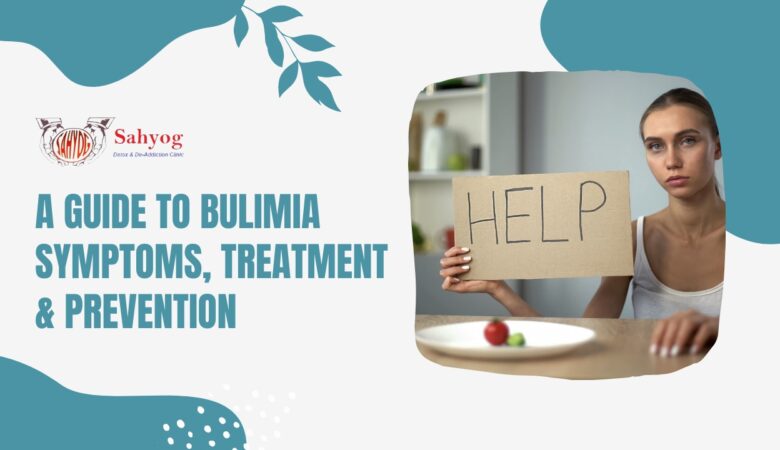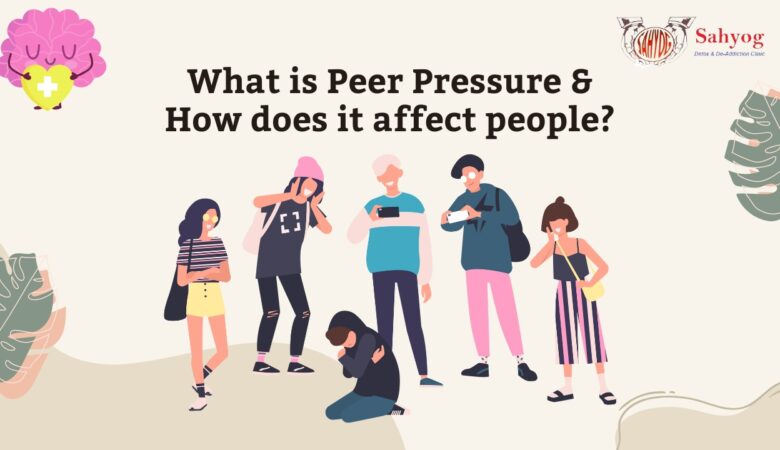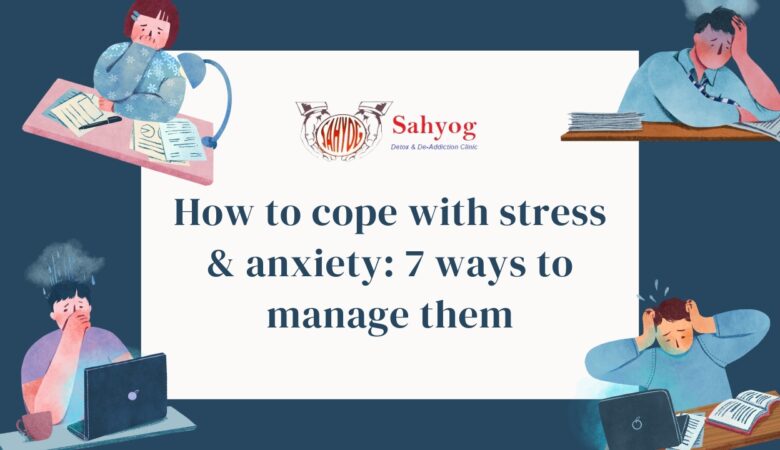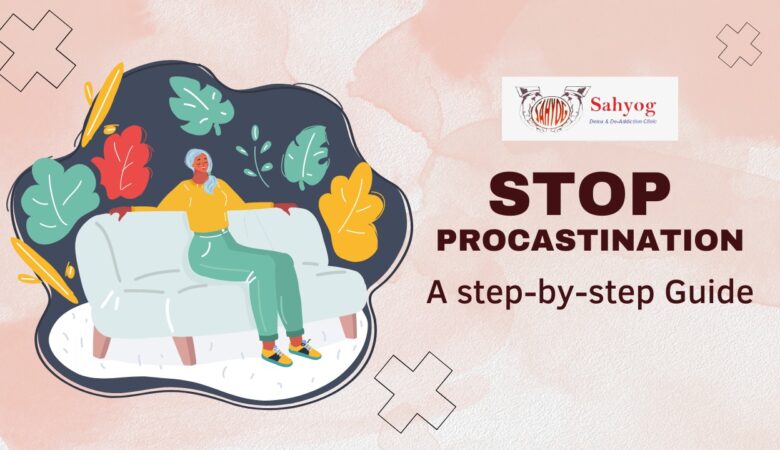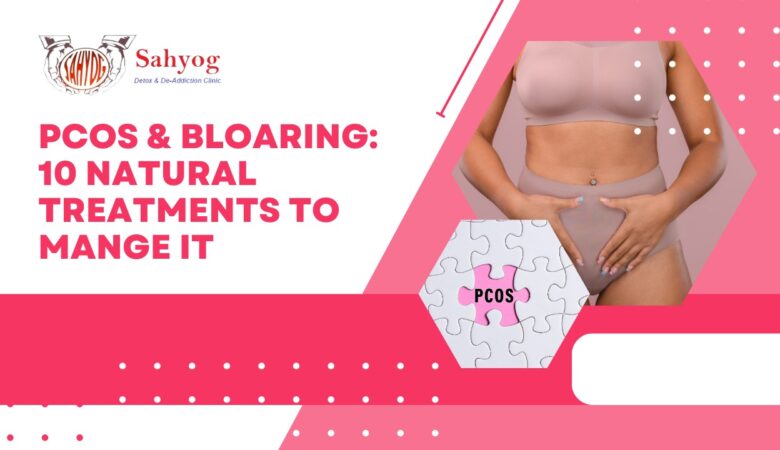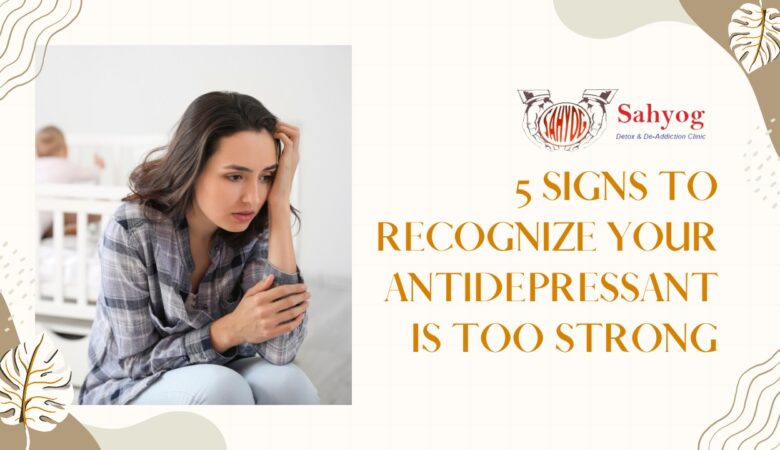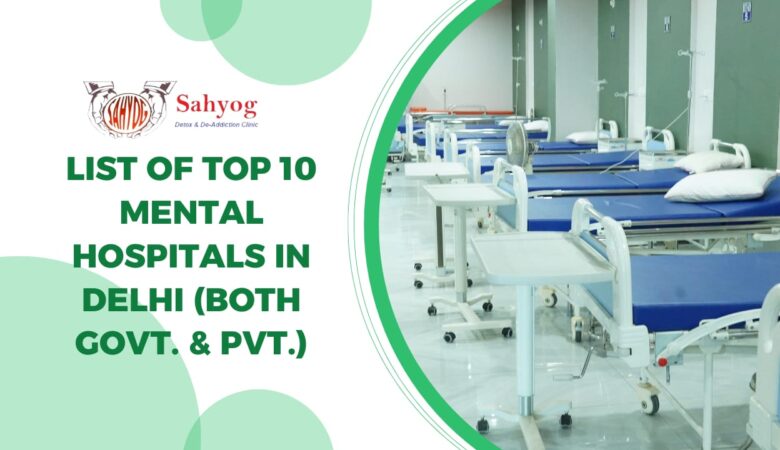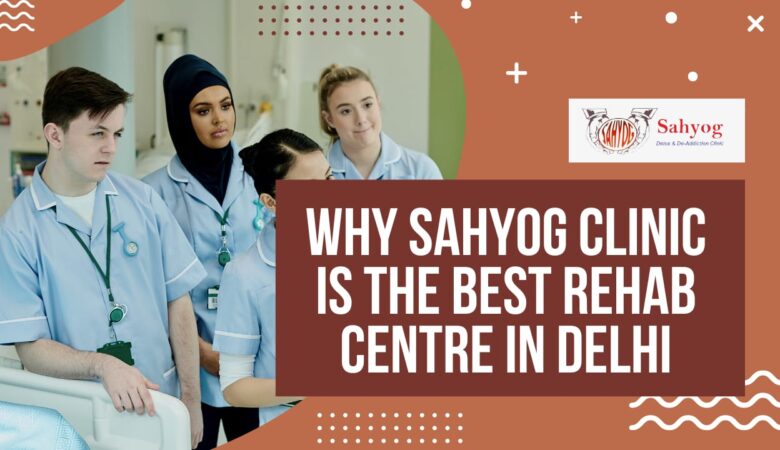How to be healthy in 2023? What should be the approach?
In 2023, the pursuit of good health remains a top priority for many people. As the world continues to grapple with the COVID-19 pandemic and its after-effects, there has been a renewed focus on maintaining good health through proper diet, exercise, and mental wellness. In this article, we will explore some of the most effective approaches to staying healthy in 2023, with a special emphasis on mental health. 1. Focus on Nutrition Good nutrition is the foundation of good health. In 2023, it is essential to eat a balanced diet that provides the body with the nutrients it needs to function properly. This means consuming plenty of fruits and vegetables, whole grains, lean proteins, and healthy fats. Avoiding processed foods, sugary drinks, and excessive alcohol consumption is also essential to maintaining good health. 2. Exercise Regularly In addition to a healthy diet, regular exercise is also essential for maintaining good health. This does not mean that you need to spend hours at the gym every day. Simple activities like walking, jogging, cycling, or swimming for 30 minutes a day can help you stay in good shape. Strength training exercises are also important to maintain muscle mass and bone density. 3. Prioritize Sleep Sleep is a critical component of good health. In 2023, it is essential to prioritize sleep and get at least seven to eight hours of sleep every night. Lack of sleep can lead to a variety of health problems, including obesity, diabetes, and heart disease. Make sure your sleeping environment is conducive to restful sleep and avoid caffeine and screen time before bedtime. 4. Manage Stress Stress is a part of everyday life, but too much stress can be detrimental to your health. In 2023, it is important to learn effective stress management techniques. This can include mindfulness meditation, yoga, deep breathing exercises, or simply taking a few moments to relax and unwind during the day. Seek professional help if you need support in dealing with chronic stress. 5. Connect with Others In 2023, it is essential to prioritize social connections. Loneliness and social isolation can have a negative impact on mental health, which can, in turn, impact physical health. Make an effort to connect with friends and family, join a community group or organization, or volunteer for a cause you care about. 6. Limit Screen Time In today’s digital age, excessive screen time has become a major health concern. In 2023, it is important to limit the time you spend on screens, whether it’s on your phone, tablet, or computer. Too much screen time can lead to eye strain, headaches, and disrupted sleep patterns. It can also be a contributing factor to anxiety, depression, and other mental health issues. 7. Seek Professional Help In 2023, it is essential to seek professional help if you are struggling with your health, whether it’s physical or mental. Don’t hesitate to seek out medical advice from your doctor or mental health support from a licensed therapist. With proper care and support, it is possible to overcome many health challenges and maintain good health. Is Mental Health Important? In addition to the above approaches, mental health is also an essential component of overall health in 2023. The COVID-19 pandemic has highlighted the importance of mental wellness, as many people have been dealing with increased stress, anxiety, and depression. Here are some specific strategies to prioritize mental health in 2023: 1. Practice Self-Care Self-care is an essential aspect of mental wellness. In 2023, it is important to make time for activities that help you relax and recharge, whether it’s taking a long bath, reading a book, or spending time in nature. Self-care also includes practicing self-compassion and avoiding negative self-talk. 2. Build Resilience Resilience is the ability to bounce back from adversity. In 2023, it is important to build resilience by developing coping skills that help you navigate difficult situations. This can include developing a support network of friends and family, practicing positive self-talk, and developing problem-solving skills. 3. Seek Support If you are struggling with mental health issues, it is important to seek professional help. In 2023, there are many resources available to support mental health, including therapy, support groups, and online resources. It is important to remember that seeking help is a sign of strength, not weakness. 4. Practice Mindfulness Mindfulness is a technique that involves being fully present and engaged in the present moment. In 2023, practicing mindfulness can help you reduce stress and anxiety, improve focus and concentration, and promote overall mental wellness. You can practice mindfulness through meditation, deep breathing exercises, or simply by paying attention to your senses in the present moment. 5. Connect with Others Social connections are essential for mental wellness. In 2023, it is important to prioritize relationships with family and friends, as well as seek out new social connections through community groups and organizations. Having a strong social support network can help you manage stress and promote overall mental wellness. Importance of Clean Eating Clean eating has become a popular trend in recent years, with many people choosing to focus on consuming whole, unprocessed foods in their diet. Clean eating involves choosing foods that are minimally processed and free from additives, preservatives, and artificial ingredients. Here are some of the key reasons why clean eating is important for overall health: 1. Nutrient Density Clean eating involves consuming whole, unprocessed foods that are rich in nutrients. These foods contain a variety of vitamins, minerals, and antioxidants that are essential for optimal health. When we eat processed foods that are high in added sugars, sodium, and unhealthy fats, we often miss out on key nutrients that are important for overall health. 2. Improved Digestion Clean eating can also improve digestion. Processed foods are often low in fiber, which can lead to constipation and other digestive issues. When we choose whole, unprocessed foods, we consume more fiber and nutrients that help support digestion and overall gut health. 3. Increased Energy Levels Consuming a diet that

